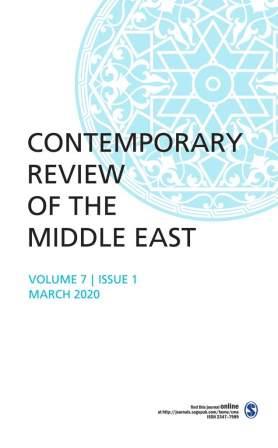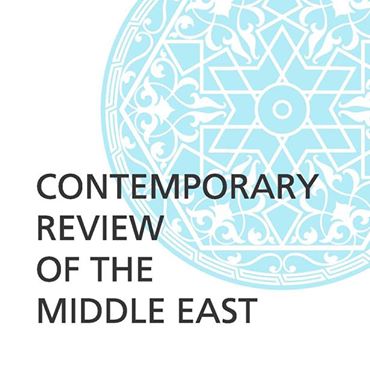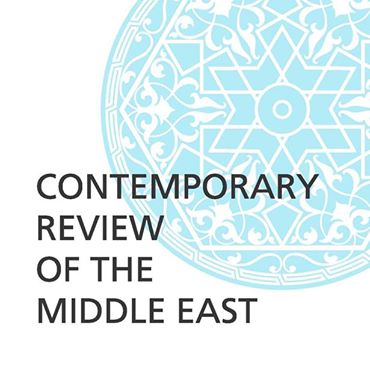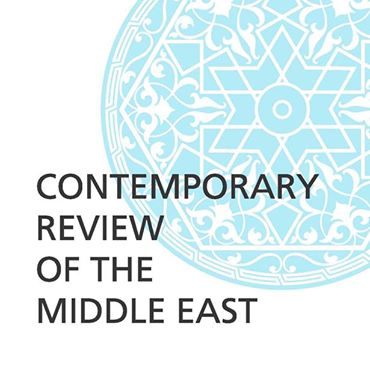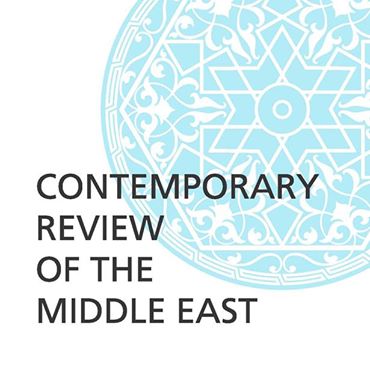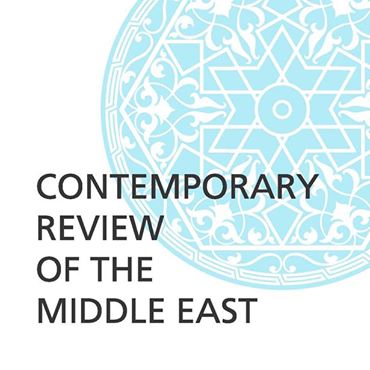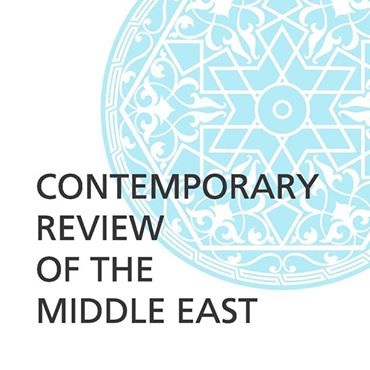Breaking
- MENU
Lorem Ipsum is simply dummy text of the printing and typesetting industry.
https://journals.sagepub.com/toc/cmea/current
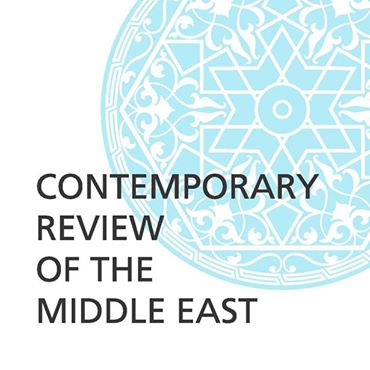
Volume 6 Issue 2, June 2019
Table of Contents
by P. R. Kumaraswamy
by Mahmood Humaiyid Hamed Al-Wahaibi
Oman is taking remarkable steps to develop its logistics sector to be one of the main pillars of the nation’s non-oil-based economy in the future. The current fluctuation in oil prices has pressured the country to boost non-oil exports and re-exports to eventually replace oil export in the future as the main income. The aim of this research is to utilize an augmented form of gravity model to investigate the effect of GDP, population growth, distance, free trade agreements (FTAs), political relations, and cultural similarity on the value of non-oil exports and re-exports with the top 35 trading partners. This work sets the foundation for researchers to better understand the spatial placement of logistics hubs in Oman and the political influence on the national economy. Similarly, this analysis could be used by port operators and local authorities as a way to re-evaluate expansion plans of ports and investments in the logistics sector justified by realistic forecasted demands and scenarios. Undoubtedly, the study reaffirms the importance of scenario planning and forecasting to provide decision-makers with better look into the future to make more informed decisions.
by Michael B. Bishku
This is an examination of the political, economic and cultural ties between a member of NATO, sometimes at odds with the Western Alliance (Turkey) and a prominent country in the Non-Aligned Movement (South Africa) from the late 1980s up to the present. Turkey regards South Africa as a key state in the continent in its more recent engagement in Africa, while South Africa sees Turkey as an essential relationship in the Middle East. They share some common concerns regarding the respective regions of sub-Saharan Africa and the Middle East, respectively, like peacekeeping and development in Africa and the politics of the Israel–Palestine situation. Turkey has maintained cultural ties with South Africa’s Muslim population, but is concerned about the Gülenist presence in South Africa. While the two countries have cooperated in political endeavors, trade and investment seem most prominent in their relationship. In recent years, there have been several reciprocal visits by leaders of both countries underlining the importance of the relationship.
by Allan Hassaniyan
Studying the Iranian Kurdish question reveals the importance of the geopolitical location of the Kurdish region, which has left a massive impact on the framework and capability of the contemporary Kurdish national movement. Aware of this fact, different ruling regimes of Iran, considering territorial threats associated with the Kurdish nationalistic movement, implemented different policies of systematic “demographic engineering,” aimed at reducing the capability of the Kurdish claim for autonomy. Some aspects of the policy of demographic engineering implemented during the Safavid and the Pahlavi dynasties have been examined. Based on this, the article argues that the geopolitical location of the Kurdish region, as a buffer zone between the Ottoman and Safavid dynasties, has diminished and continues to undermine the capability of the Kurdish struggle for autonomy in Iran.
by Abdollah Rasekhi
To examine the ways in which the Islamic Azad University interacts with the power centers in order to cooperate, constructivist school and power-knowledge theory have been used as a theoretical framework. In this research, scientific cooperation is emphasized instead of commercialization of scientific researches in Iran and in the Islamic Azad University. The role of the university is to organize cultural frameworks and to introduce them to the system for planning. Islamic Azad University pursues the interests of power centers to strengthen the system, expand knowledge and promote cultural values. The power centers combine the activity and the type of sovereignty with the prevailing culture in the universities and seminaries, where the scientific and religious teachings are involved in the process of legitimizing the dominant political system. The interaction of the Islamic Azad University with power centers through mutual and shared understanding, identifying the potentials and capacities of each other, in general, would meet the needs of both parties, improve functions of the organizations, maintain scientific independence and develop the university’s financial resources and, in particular, lead to the participation of members of university in the development of the country and the preservation of the political system in large-scale decision-making, assisting socialization and urban management and ultimately maintaining the human and physical assets of the Islamic Azad University.
by Hazal Muslu El Berni
by Ardavan Khoshnood
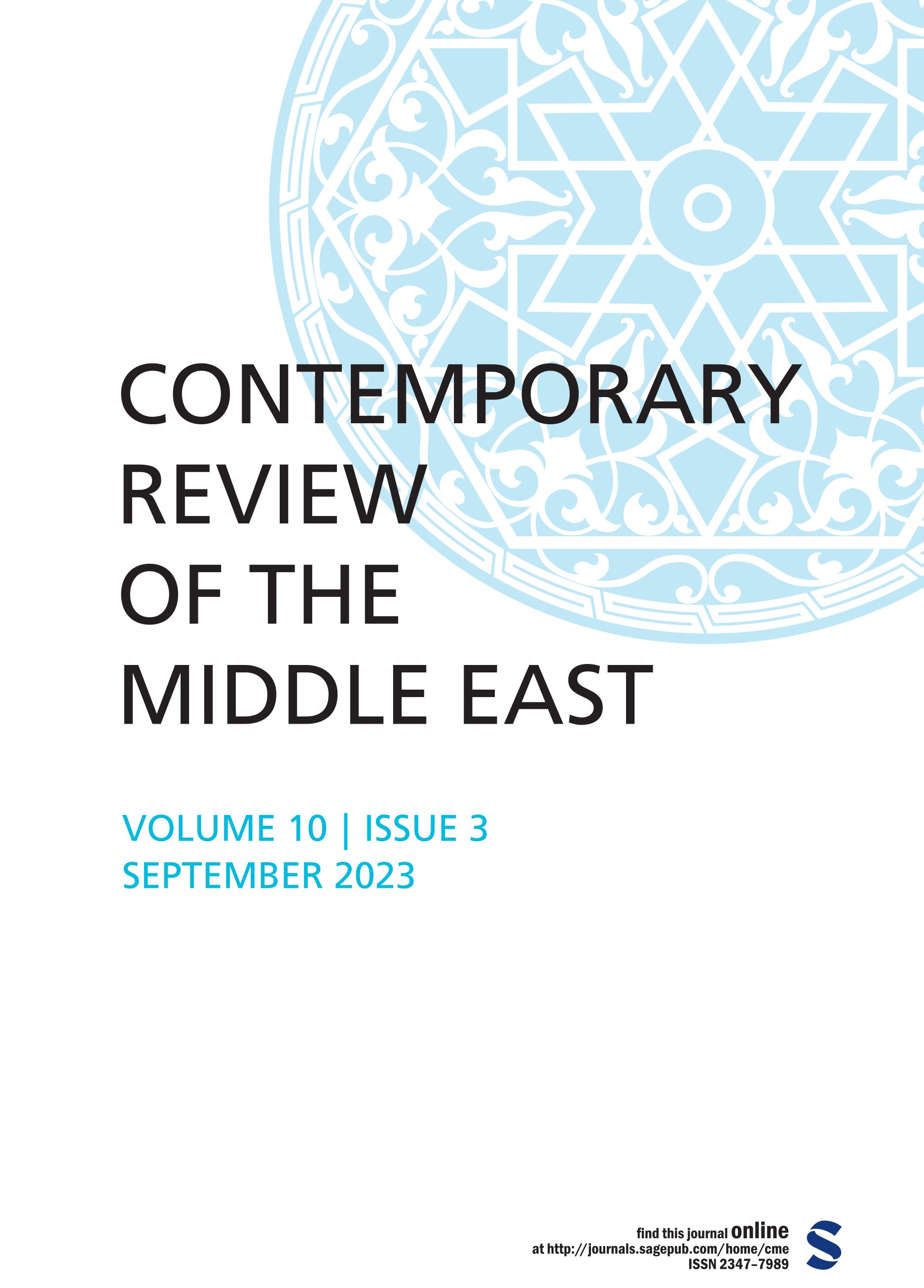
Invented Tradition as a Theoretical Approach Within Iranian Memory Studies: A Review Mohammad
Read More »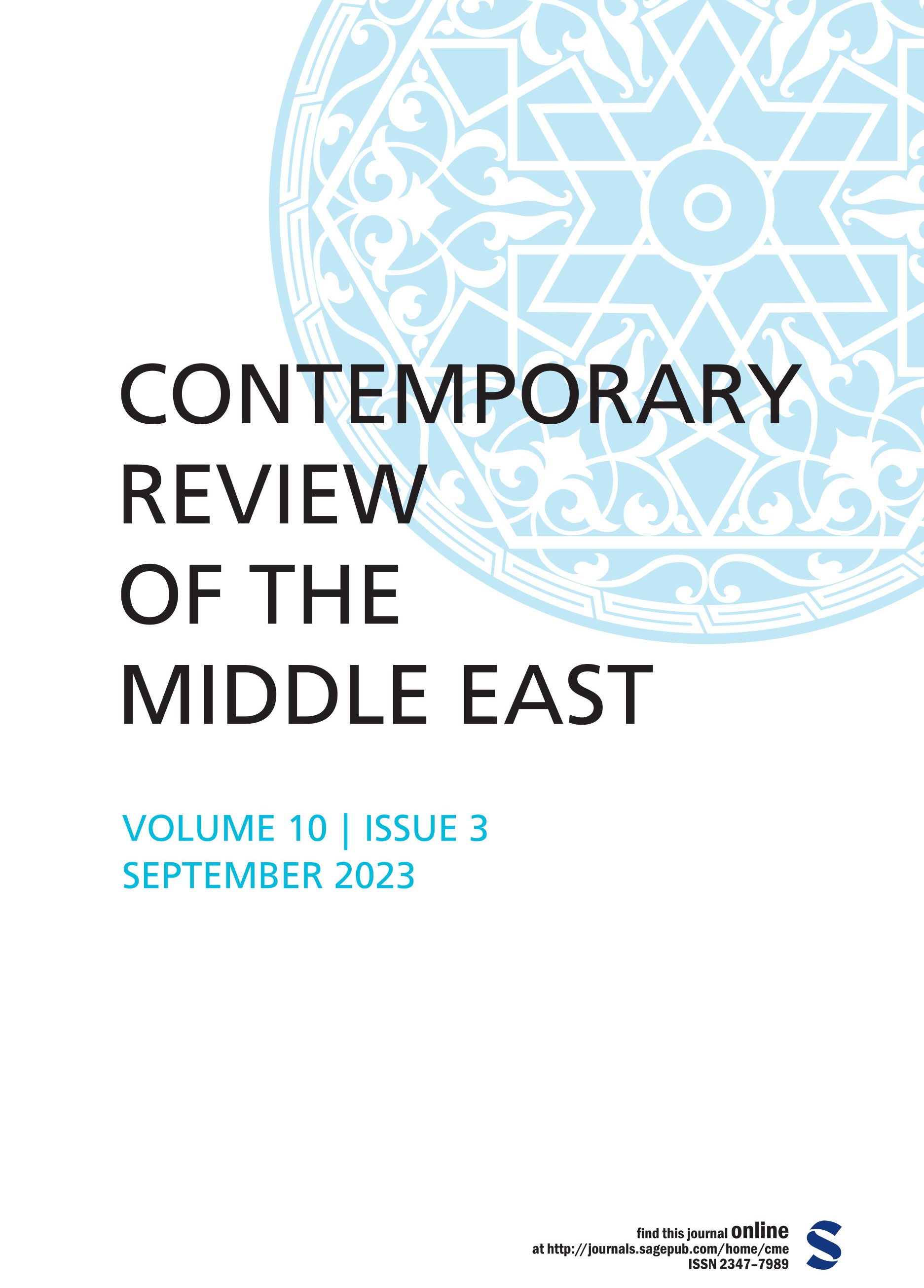
Neo-Ottoman Turk-Scape: Analyzing the Role of Dizis as Türkiye’s Soft Power Mohammad Reyaz and
Read More »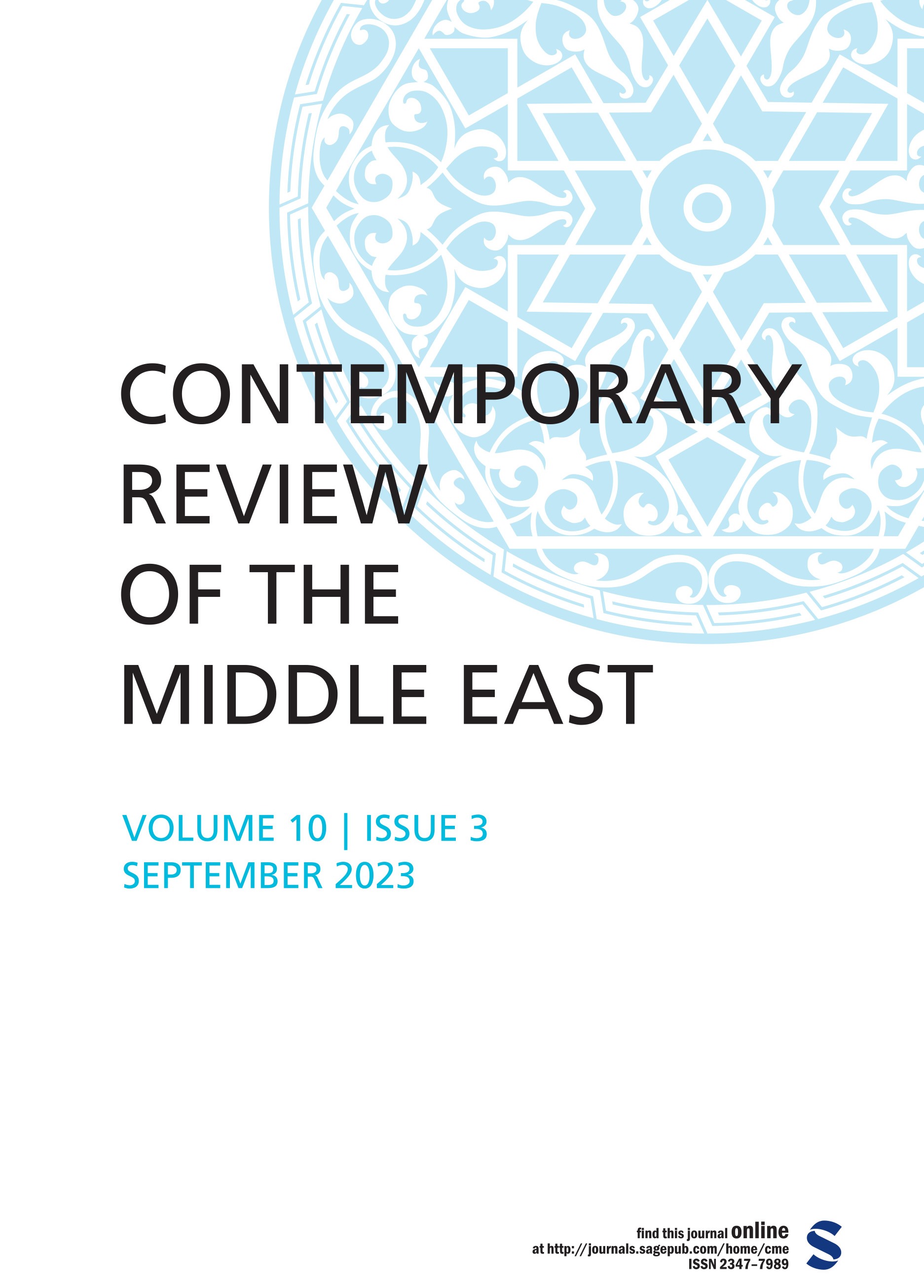
The Relations of Vietnam with the Middle East-North Africa Region: From a Divided State to an Important&
Read More »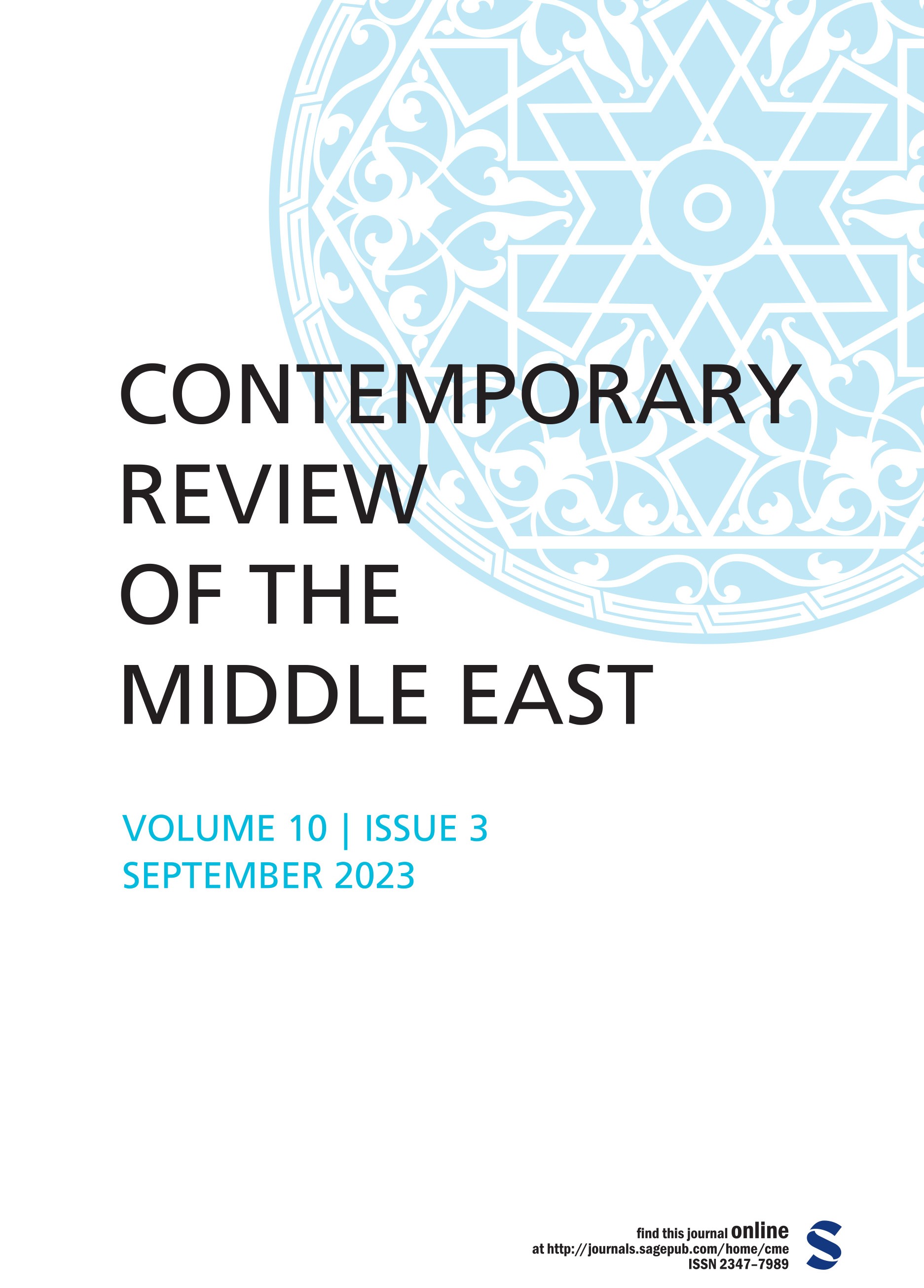
An Analysis of Yemen’s Geostrategic Significance and Saudi-Iranian Competition for Regional Hegemo
Read More »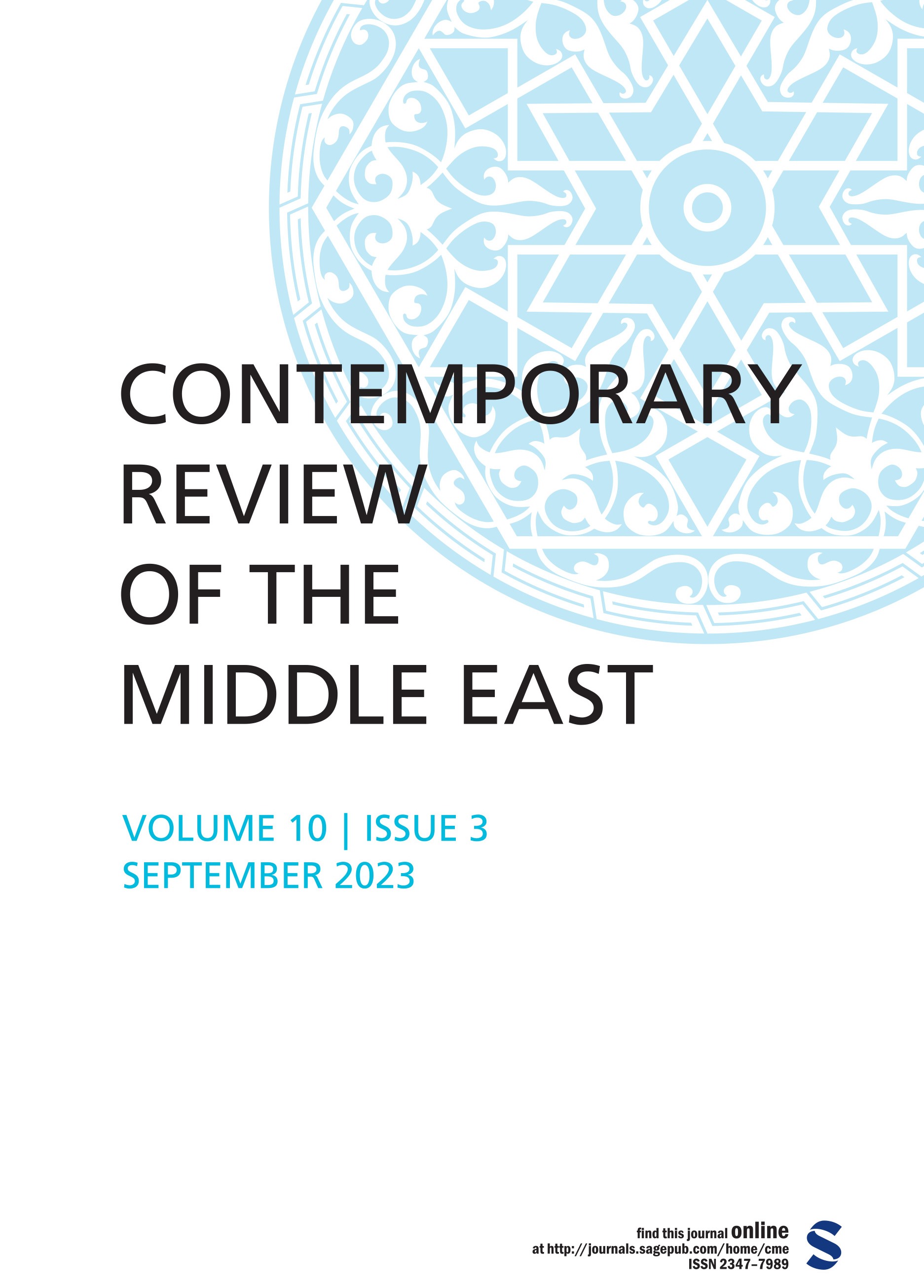
The National Reconciliation Process in Algeria During the Bouteflika’s Era: The Official Narrative Fa
Read More »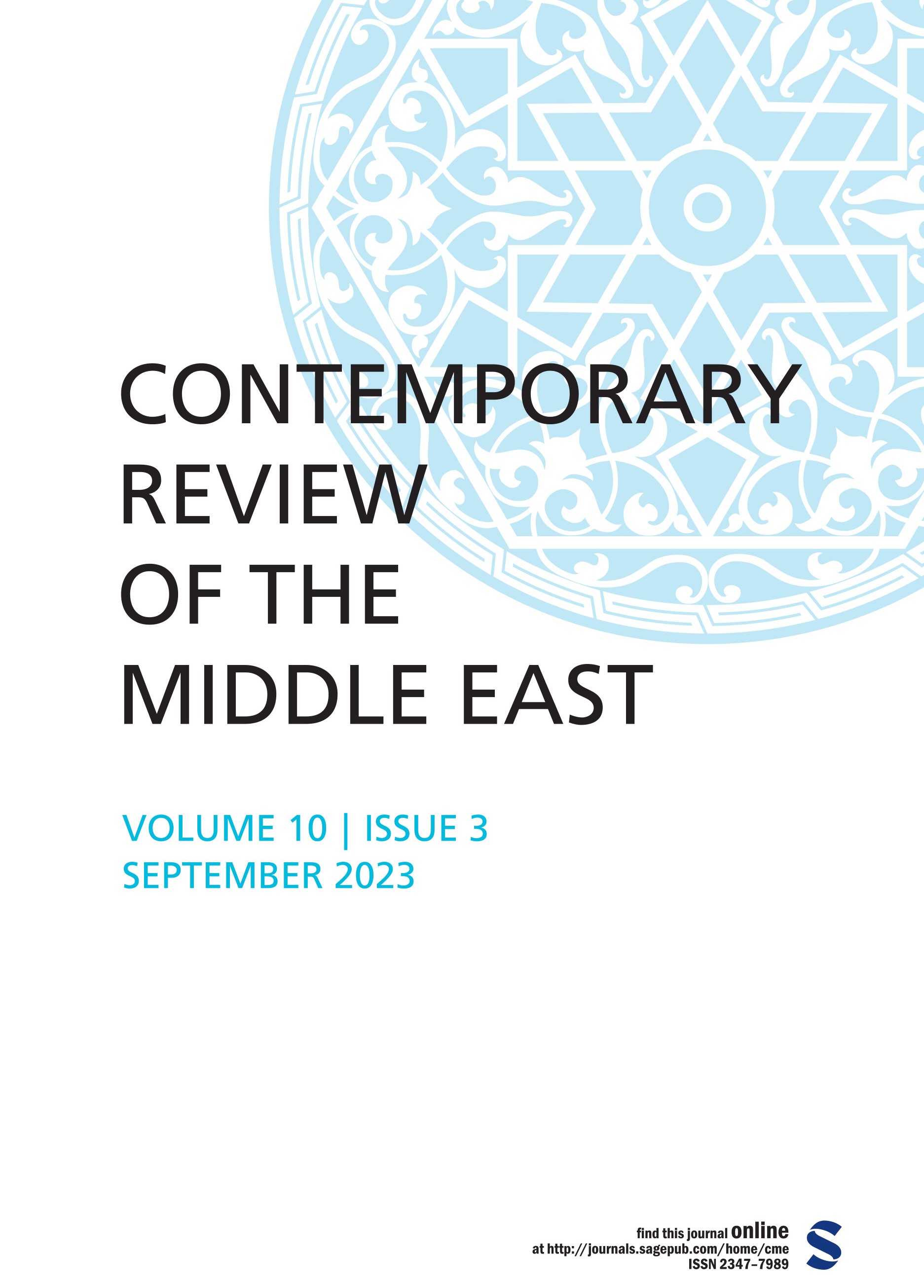
Dateline MEI When Netanyahu Rocks the Israel Boat, Nero Style P. R. Kumaraswamy For the text see: We
Read More ».jpg)
.jpg)
